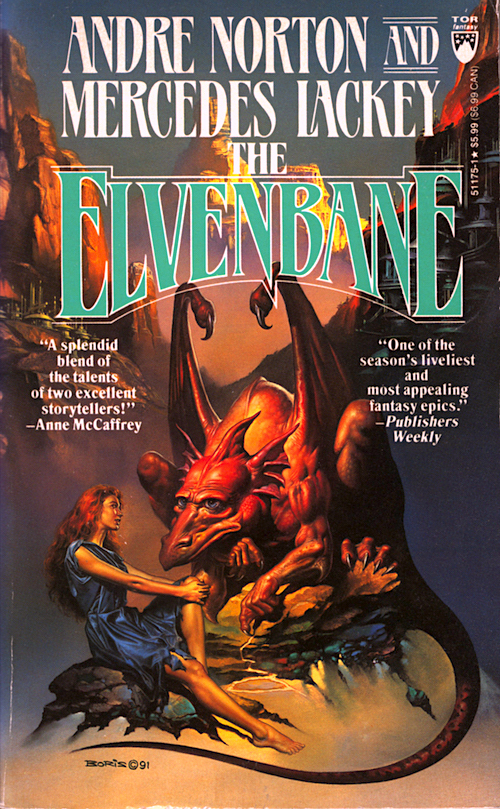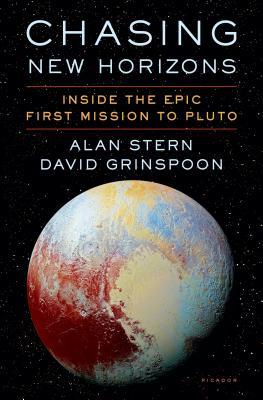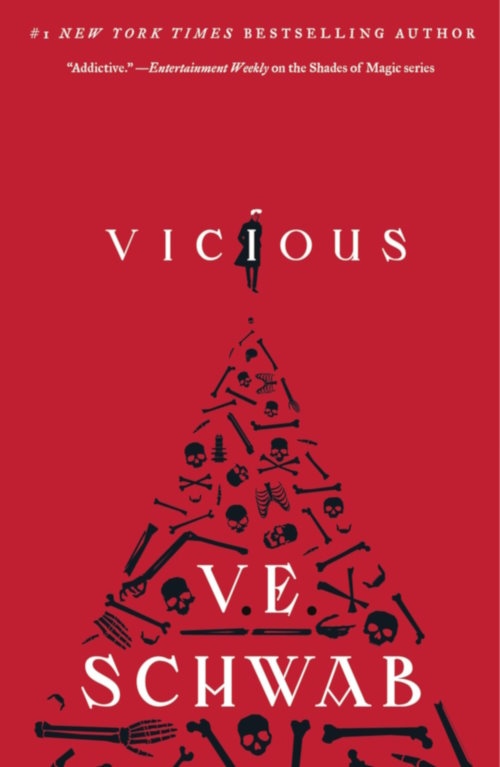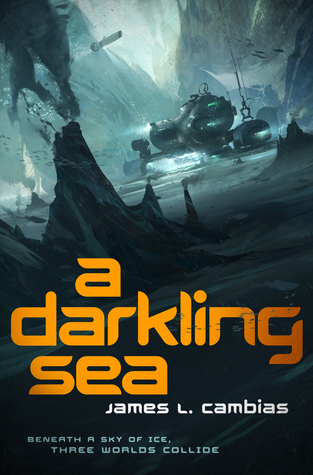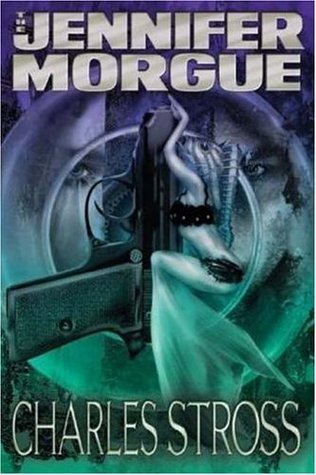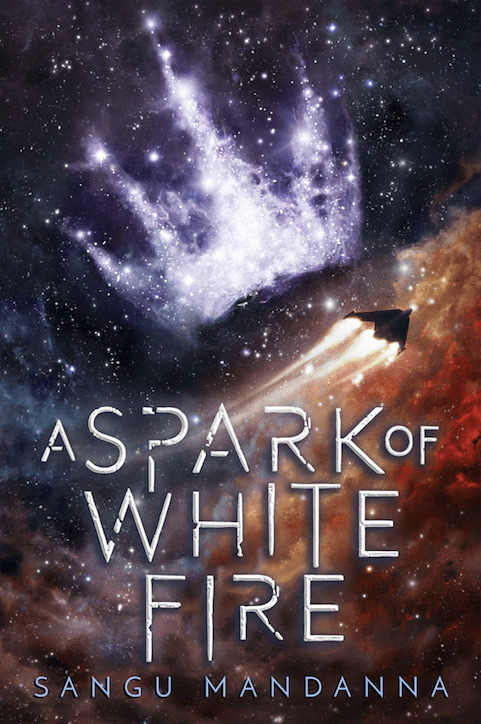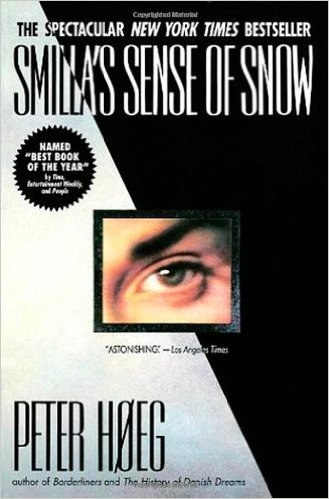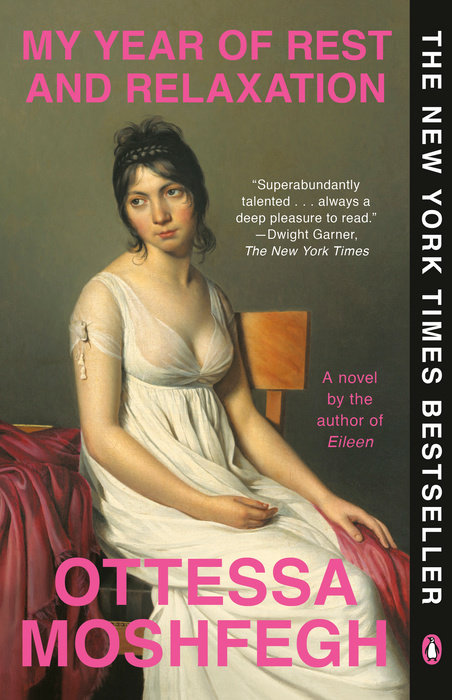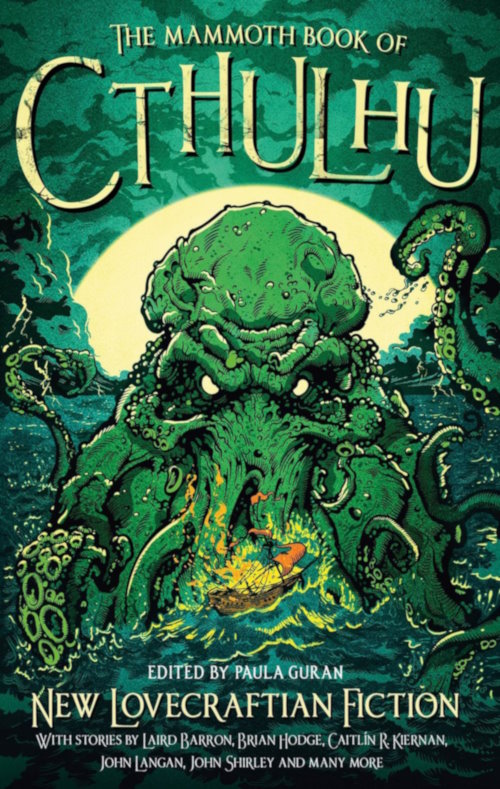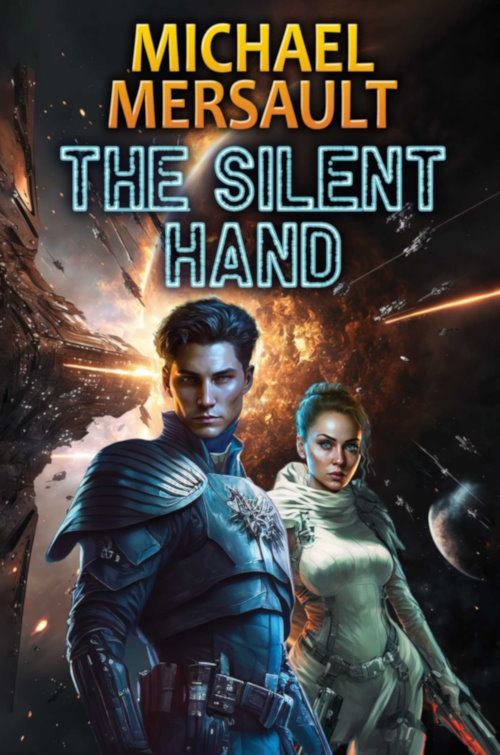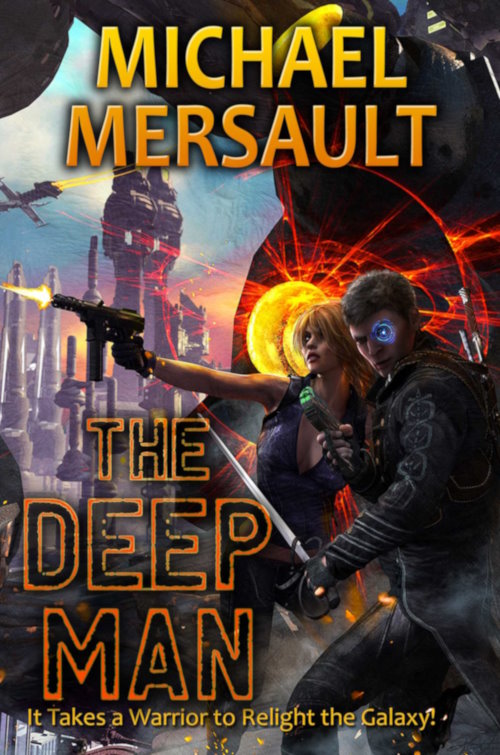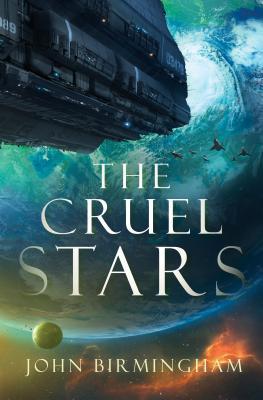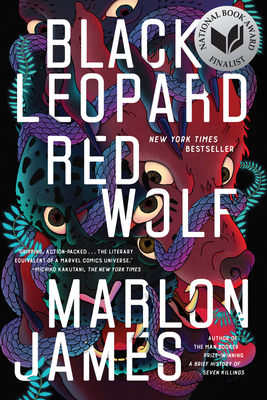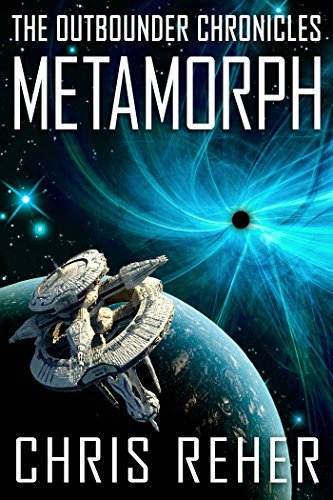Serotonin, by Michel Houellebecq
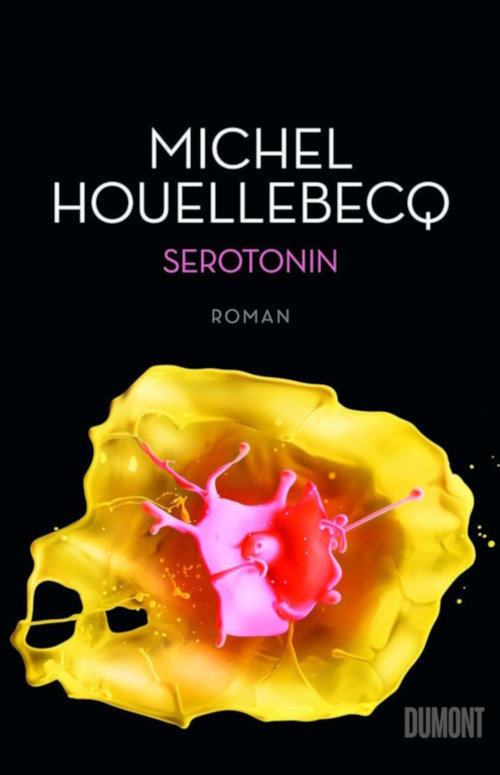
It took me forever to read this book because it's pretty dense. It's absolutely packed with detailed references and obscure intellectual (and sometimes not even that) International and French memes. Michel Houellebecq writes really nicely, but his Frenchness is pretty extreme. :)
In Serotonin we follow (yet another) chronically depressed French guy who has no life or job, but enough resources to not worry about that and enough education so he can analyse, criticise and provide possible improvements to absolutely everything, while he is regretting his past female relationships, actively pursues others while philosophising about the differences between men and women in matters of sex and love, then switching to an antidepressant that inhibits his libido, making such problems moot. Various anecdotes fill in the space and provide context for the guy's view on things.
That's basically the entire book. There is nothing to like except the various musings of the rather unlikeable yet charismatic character and everyone else is just a prop in his story. Introspective and honest in these inner thoughts, but thus revealing nothing but unpleasant desires and ideas. Natural for him, but too much information perhaps for unwilling third parties and the reader.
Reminded me of Camus and Bukowski a little bit: entertaining, yet at the same time less interesting. Felt like I've read one of these books, I've read them all. I have to praise the writing style, but perhaps I was not in the right mood to appreciate the content.
